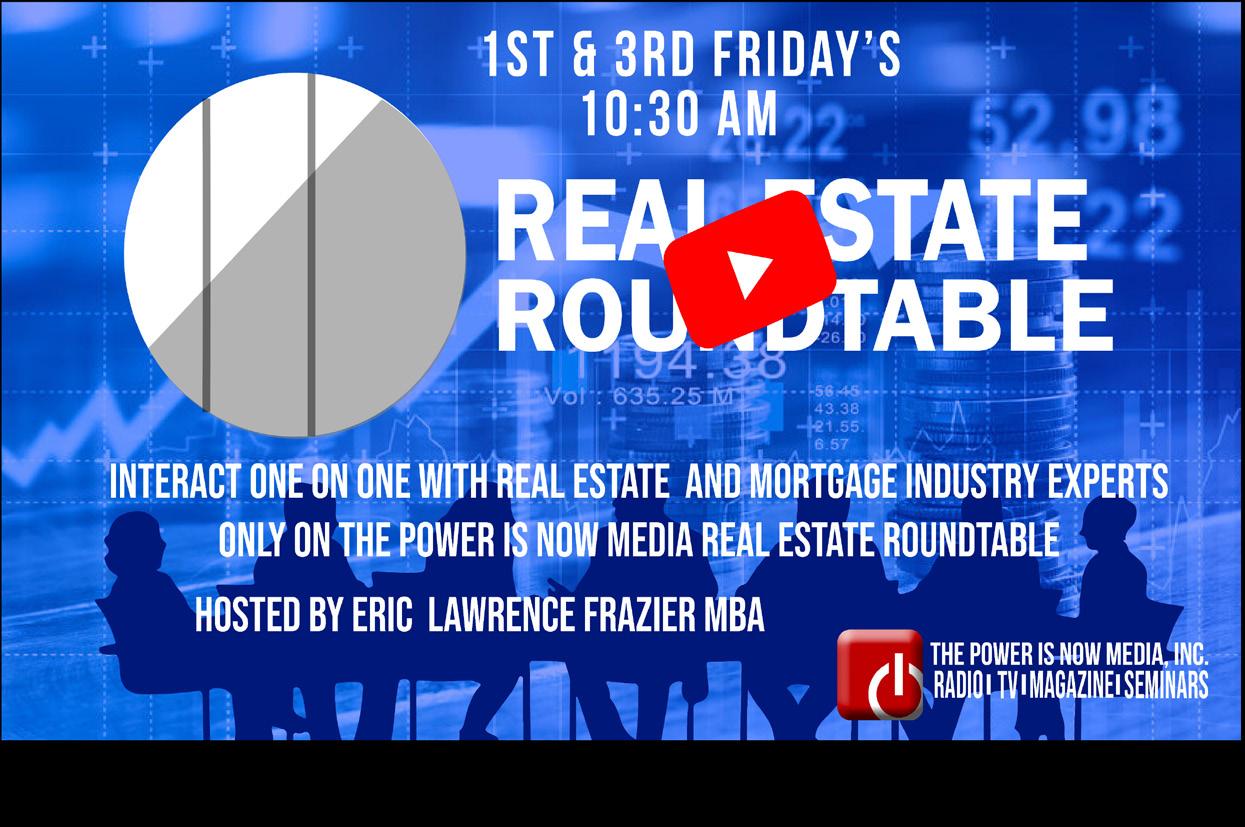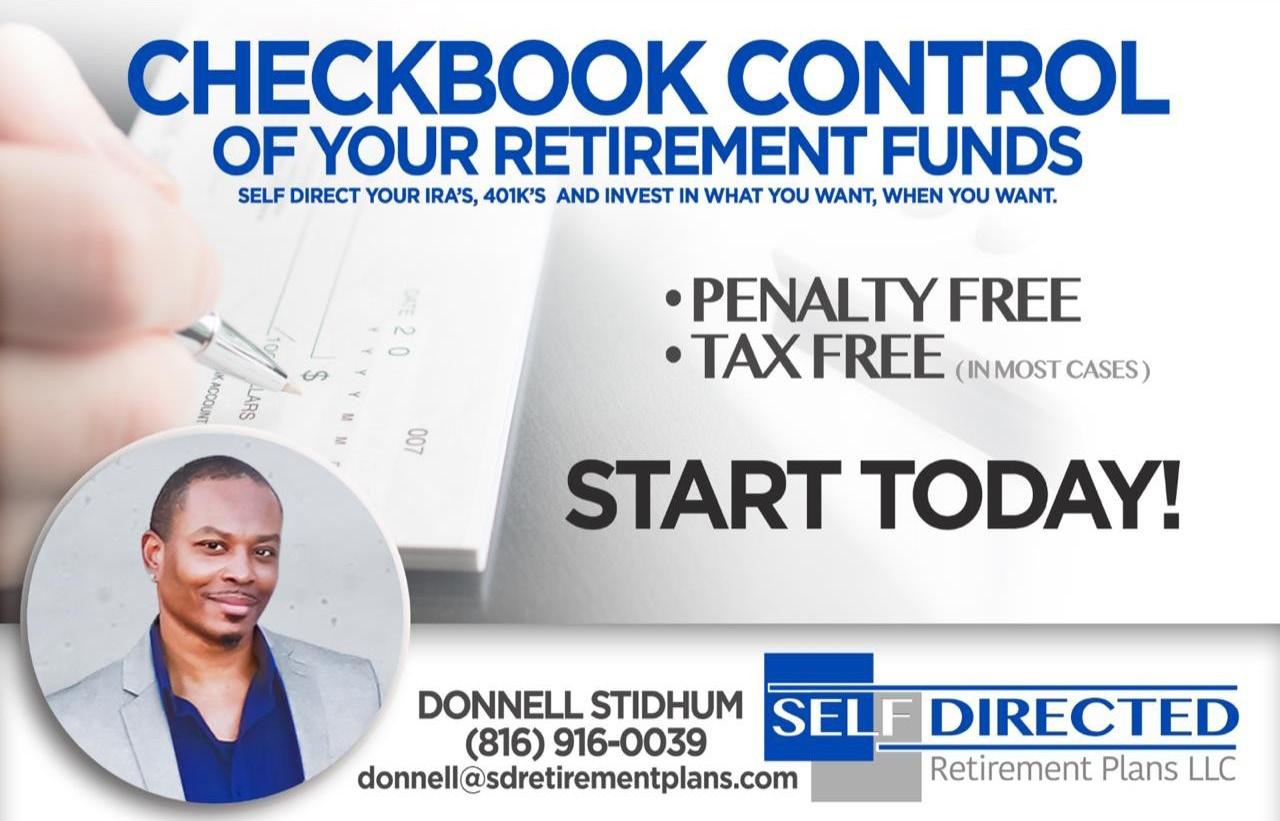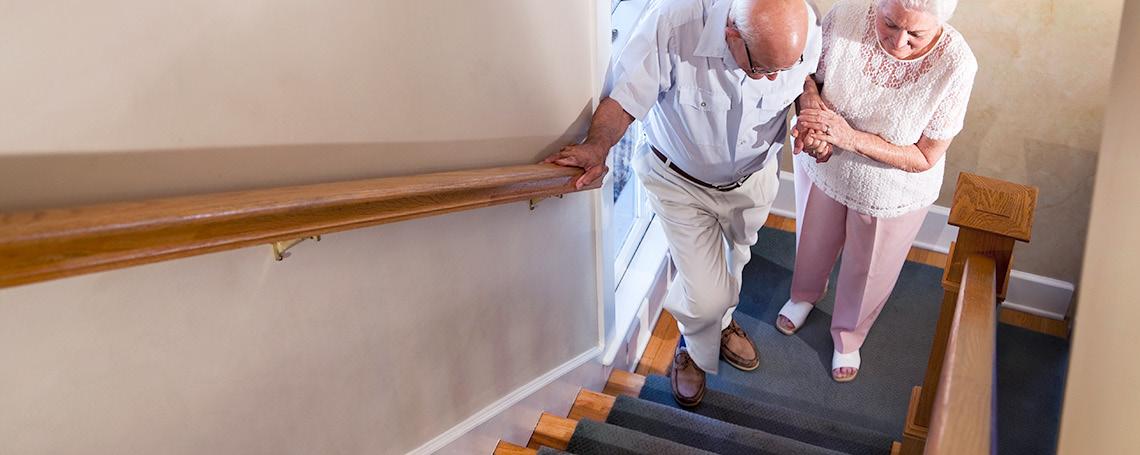
3 minute read
Considering a home purchase in
Are you considering a home purchase in retirement?
Here’s how to get a mortgage
If you’re a retiree thinking about downsizing or moving to a different area, and the process involves home buying, the first thing to consider is how you’ll finance it. Often, a mortgage is the best option for many. However, you realize that qualifying for a mortgage currently differs from the last time you used it. Indeed it is different. Lenders have tightened credit during this pandemic period.
Also, Al Bingham, a mortgage loan officer with
Momentum Loans in sandy, Utah, states that it can be tricky for retirees to get a mortgage.
“You can have a lot of money but show very little income and have difficulty qualifying for a mortgage,” Bingham said. “It frustrates a lot of them.”
Therefore, for a retiree looking to buy a home through a mortgage, it is crucial to strategize and plan ahead.
Qualifying for a mortgage based on income. The most common way for retirees to qualify for a mortgage is based on one’s income, according to a certified financial planner, Daniel Graff, a principal and client advisor at Sullivan, Bruyette, Speros & Blayney in McLean, Virginia.
Mortgage lenders will go through your last two years’ worth of tax returns, which may also include Social Security, pension income, dividends, and interest. In a case where one’s taxable income is not enough to qualify for the mortgage loan, a retirement account such as a 401(k) plan or individual retirement account is included. You have to create enough cashflow using all means available to meet the income requirements.
The general idea is to get as many distributions to help you qualify for the mortgage, even if you don’t need the money. As long as you’ve attained the age of 59.5 and above, you can tap your IRA or 401(k) without attracting the 10% early-withdrawal penalty.
Apart from verifying the required income from different distributions, lenders also want to be certain that the distributions can continue for at least three more years, according to Graff. Alternatively, a retiree can qualify for a mortgage based on their assets in a brokerage account or IRA. The lender will only apply a formula to the money in their account using 70% of the account’s value and determine if it can stretch long enough to cover mortgage payments for the life of the loan.
“In this scenario, the underwriter is not looking directly for a taxable transfer from an IRA to a bank, but a statement of assets that allows [the lender] to be comfortable that a certain amount could be withdrawn each month,” Graff said.
ANOTHER NON-MORTGAGE LOAN OPTION
In a case where you completely don’t qualify for a mortgage or don’t want to finance through a mortgage, you can use the “pledge assets” option. This is where you take a loan against your brokerage account, up to a limit, and buy the home.
”You’d be considered a cash buyer for purposes of the contract with the home seller,” Graff said. “There isn’t a mortgage happening at that point because, in actuality, you’d be taking the loan against your brokerage account.”
You can acquire a home more quickly through this option since there would be no underwriting process and other costs associated with mortgages. From there, you could go back to using the traditional mortgage options after acquiring the home.
According to Graff, if you refinance within six months of the purchase, you could put a mortgage in place to pay off the loan, and it would not be considered a cash-out refinance, which is harder to get.
You can try the options highlighted above if you want to get your retirement home quickly.
Work cited
https://www.cnbc.com/2020/10/03/how-to-get-a-mortgagewhen-considering-downsizing-in-retirement.html.
















